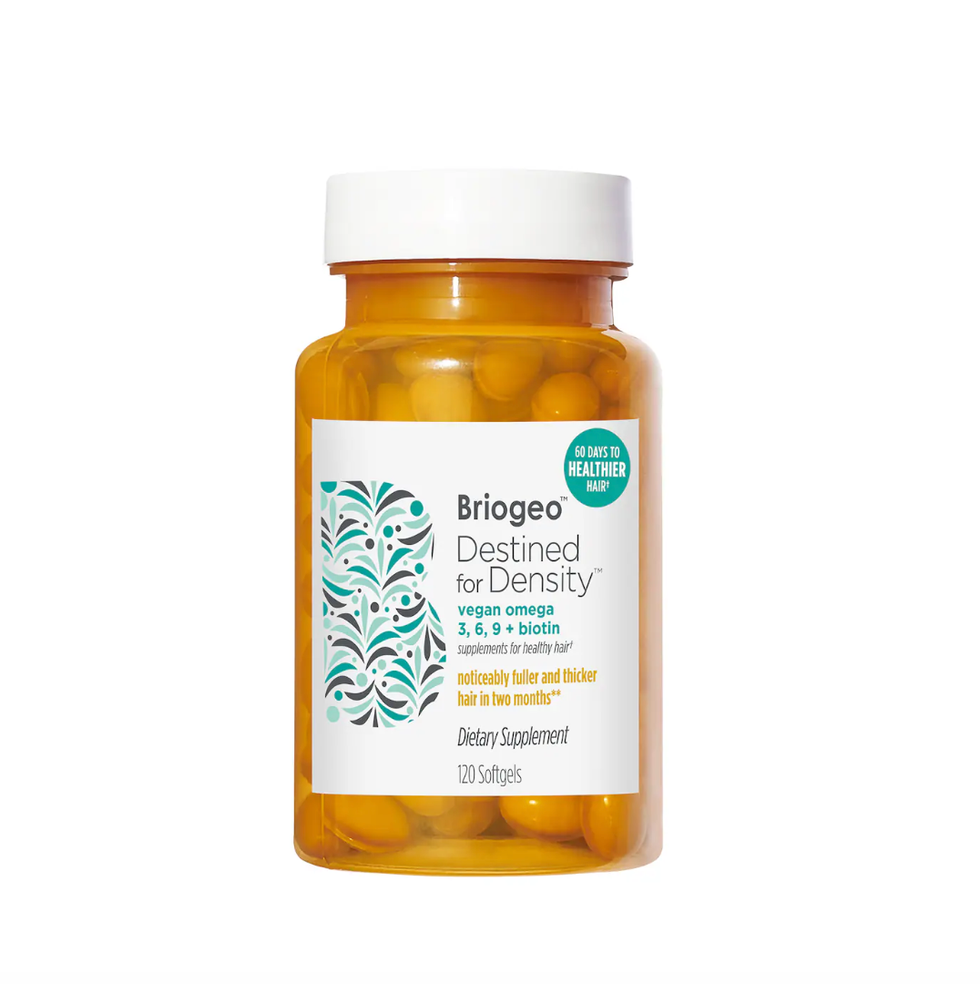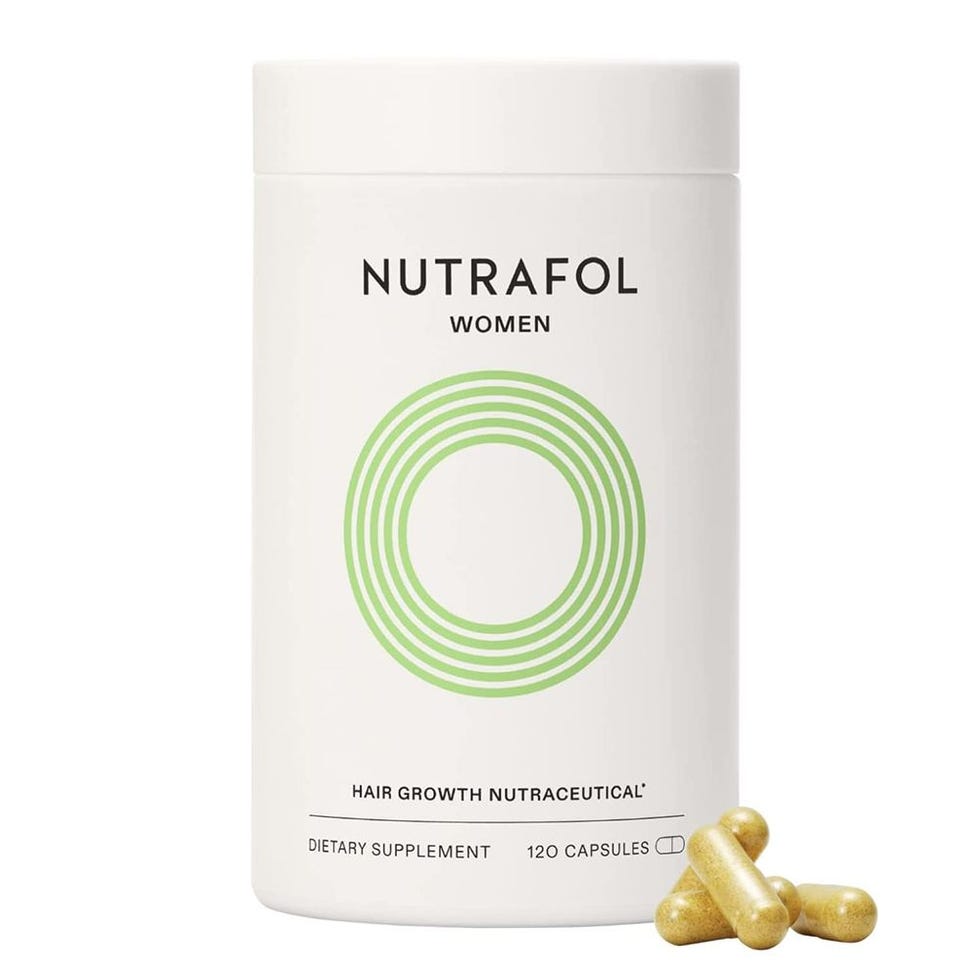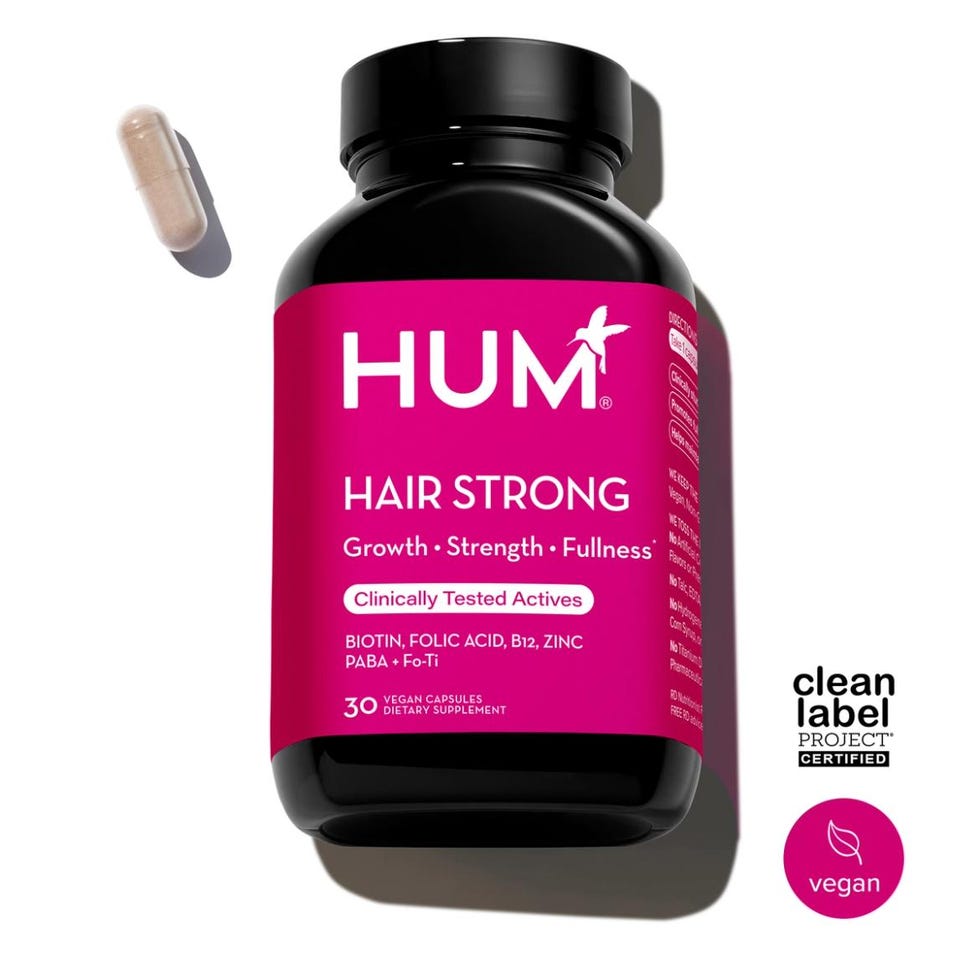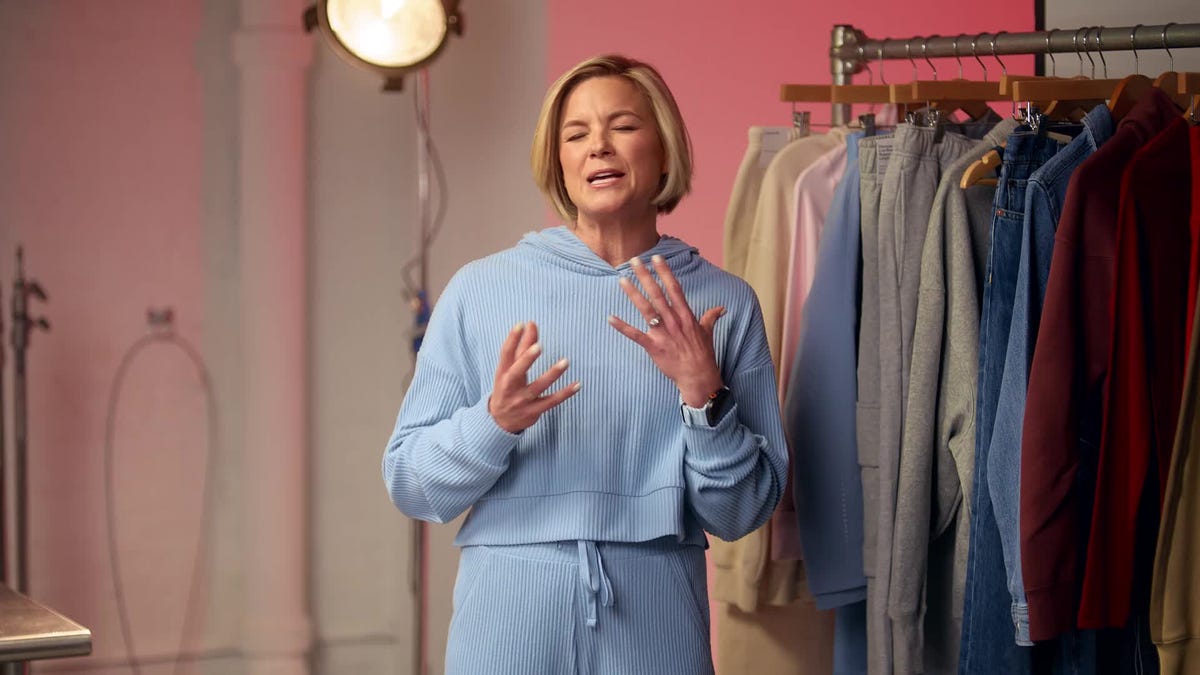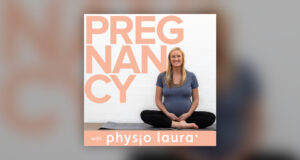If you’ve gone down the rabbit hole of all things hair growth or hair loss, odds are you’ve also seen plenty of claims that certain ingredients can help stop or even reverse this process (folic acid, rosemary oil, rice water, to name a few).
But perhaps one of the most buzzed-about such ingredients is biotin, a vitamin your body naturally produces, but that you can also find in hair growth supplements, shampoos for hair loss and thinning, and hair growth oils.
Given the chatter that this is a gold-standard ingredient for hair growth, you may be super tempted to hit “add to cart” on the first product you see if you’ve noticed changes to your hair such as dryness, brittleness, and excess breakage. But is biotin in all of its forms really worth all the hype?
To find out, wespoke with top dermatologists to break down everything there is to know about what biotin is, how it works, and whether or not it’s the first thing you should reach for when trying to achieve healthier and more nourished hair. Read on for all the details.
Meet the experts: Dendy Engelman, MD, is a board-certified dermatologist based in New York. Carmen Castilla, MD, is a New York-based board-certified dermatologist specializing in cosmetic and medical dermatology.
What is biotin?
Biotin, also known as vitamin B7, is a vitamin that our body needs to make the proteins responsible for supporting hair, nail, and skin health. While we produce it naturally, our bodies may not churn out enough of it to support these processes, which is why it’s essential to get some in your diet (biotin is found in foods like egg yolks, almonds, sunflower seeds, bananas, avocados, and lean meats).
“A small amount of biotin can be made by gut bacteria,” says board-certified dermatologist Carmen Castilla, MD., “but we mainly get it from our diet.” Because we all needs biotin for the reasons mentioned above, there are plenty of supplements geared toward hair and nail growth that feature it as an ingredient. Do you need to take them? “Biotin supplementation is unnecessary unless you have a diagnosed deficiency or are advised to supplement by your physician,” says Dr. Castilla. “And since the vitamin is so prevalent in the western diet, biotin deficiency is exceedingly rare.”
Those who do not have a biotin deficiency can still benefit from it, of course, but if you’re using it in hopes of seeing improvement in your hair or nails, the results won’t be as noticeable as someone who does have a deficiency.
What are the signs of biotin deficiency?
If you suspect you may have a biotin deficiency, here are some of the common symptoms worth looking out for, according to board-certified dermatologist Dendy Engelman, MD.
- Changes in hair: You may start to notice thinning, hair loss, brittleness, or dryness.
- Changes in skin: This often looks like noticeable dryness, flaky, or scaly skin, especially around the eyes, nose, and mouth.
- Changes in nails: You may start to notice your nails becoming more brittle or softer than usual. You might also experience splitting.
- Neurological changes: For many, this can look like having low energy or mood changes.
Dr. Castilla notes that some conditions can also be associated with issues around biotin. For example, a holocarboxylase synthetase (HCS) deficiency would make it harder for the body to attach biotin to other enzymes that need it, according to the National Library of Medicine. This defect is normally detected within the first few months of life and comes with symptoms such as seizures, weak muscles, hair loss, breathing problems, and vision loss.
Two other possible culprits that are usually diagnosed in newborns, according to Dr. Castilla, include biotinidase deficiency (BTD) and phenylketonuria (PKU). The former makes it difficult for the body to reuse biotin. The latter is a genetic condition that impacts how the body breaks down certain amino acids, causing those affected to change their diet, which could lead to a biotin deficiency. Still, these conditions are rare. “Pregnant patients, those with alcohol dependence, and those on long-term anticonvulsants have a higher chance of a mild biotin deficiency,” explains Dr. Castilla.
Do biotin supplements actually work for hair growth?
Again, for those who don’t have a diagnosed biotin deficiency, there’s not enough evidence to support that biotin is the most effective method for hair growth. In general, biotin can “improve the structural integrity of keratin in the hair shaft, which can reduce breakage,” says Dr. Engelman. “Although it does not directly stimulate hair follicles, it can provide the nutrients needed to grow.” Additionally, Dr. Castilla notes that you won’t see results from any hair growth treatment until three to six months of consistent use.
Are there any side effects of taking biotin supplements?
It’s extremely difficult to overdose on biotin because whatever the body doesn’t use is released through urine. Still, some people may experience cramping, nausea, acne breakouts, and an allergic reaction that results in a skin rash, per Cleveland Clinic.
One important note: Excess biotin can also “cause incorrect results in certain laboratory tests that look at thyroid levels and blood markers that can help diagnose heart attacks,” says Dr. Castillo. “For example, you may be told you have a thyroid disorder when you don’t, or your heart attack blood tests may be falsely low, so the diagnosis of your heart attack may be missed.” If your provider has directed you to take a specific amount of biotin, stick to what was recommended.
What to consider when buying biotin supplements
There are a lot of products on the market that boast about having biotin in their formulas, but how do you know which are actually worth it? “Biotin is most effective when taking oral supplementation, as topical is shown to be less effective,” says Dr. Engelman. She adds that you want to look for key ingredients such as keratin, collagen, amino acids, hyaluronic acid, vitamin E, and niacinamide (B3), which can support hair, nails, and skin.
She’s a big fan of the NOW Solutions, Hair, Skin, and Nails capsules with cynatine. “Cynatine isderived from sheep’s wool and therefore contains the same amino acid profile as required by humans and is a bioavailable, stable, and clinically proven form of natural keratin peptides,” she says. Other green flags include third-party testing and GMP compliance to ensure the purity of the supplements.
While biotin and biotin supplements may seem like the most promising route for addressing hair loss and growth, it’s not the best solution for everyone. If you’ve been expreiencing dryness, breakage, and/or brittleness, make an appointment with your doctor who can help you consider your options.
Sabrina is an editorial assistant for Women’s Health. When she’s not writing, you can find her running, training in mixed martial arts, or reading.

Brian Underwood is the beauty director at Women’s Health. He is an award-winning journalist with more than 15 years of experience covering beauty and lifestyle for several national media outlets and previously served as beauty and wellness director at Oprah Daily. His work has appeared in Woman’s Day, Life & Style Weekly, Good Housekeeping, and many more. He also serves as a member of the Skin Cancer Foundation’s gala committee and lives in New York City with his daughter.

